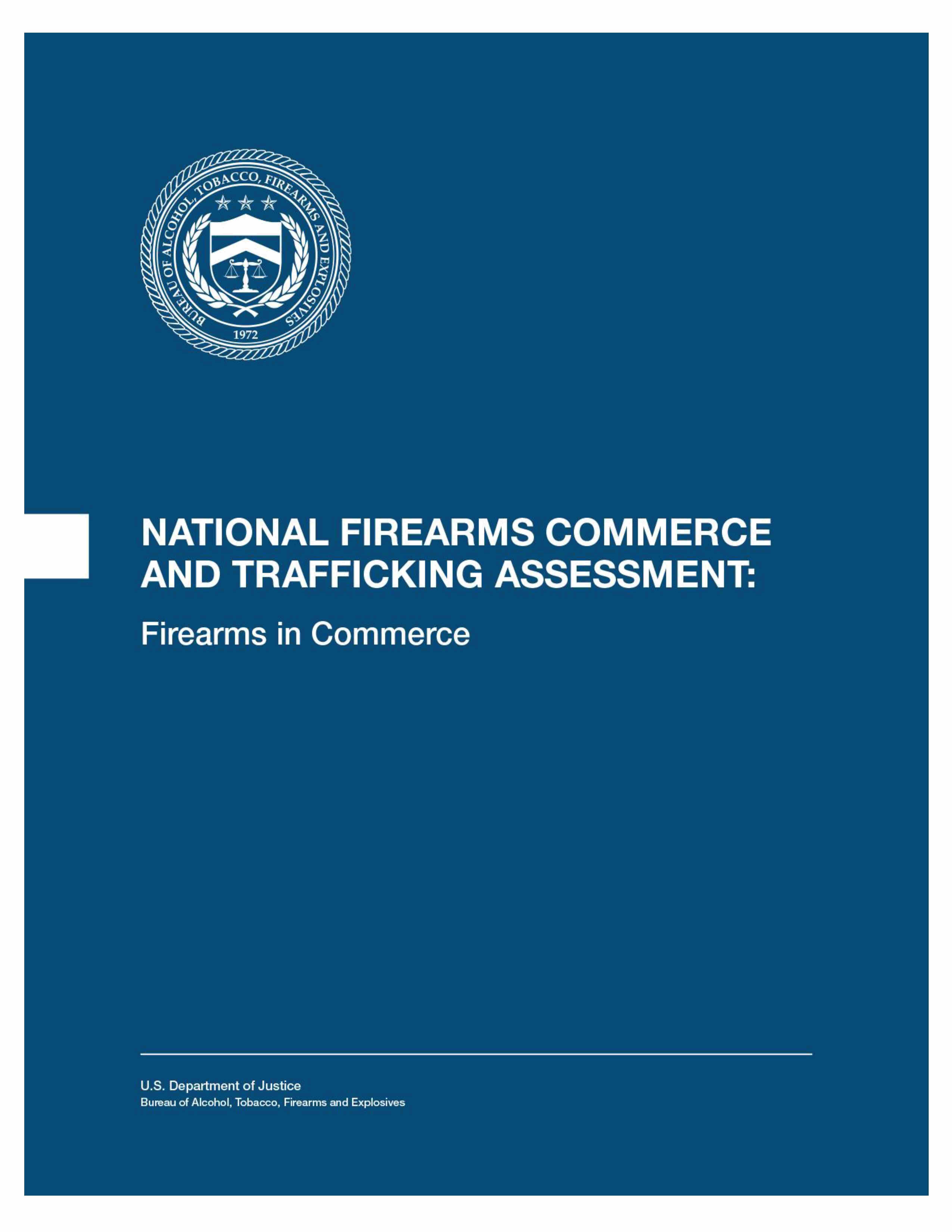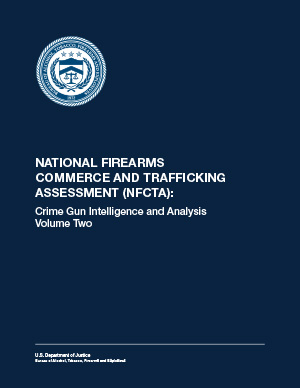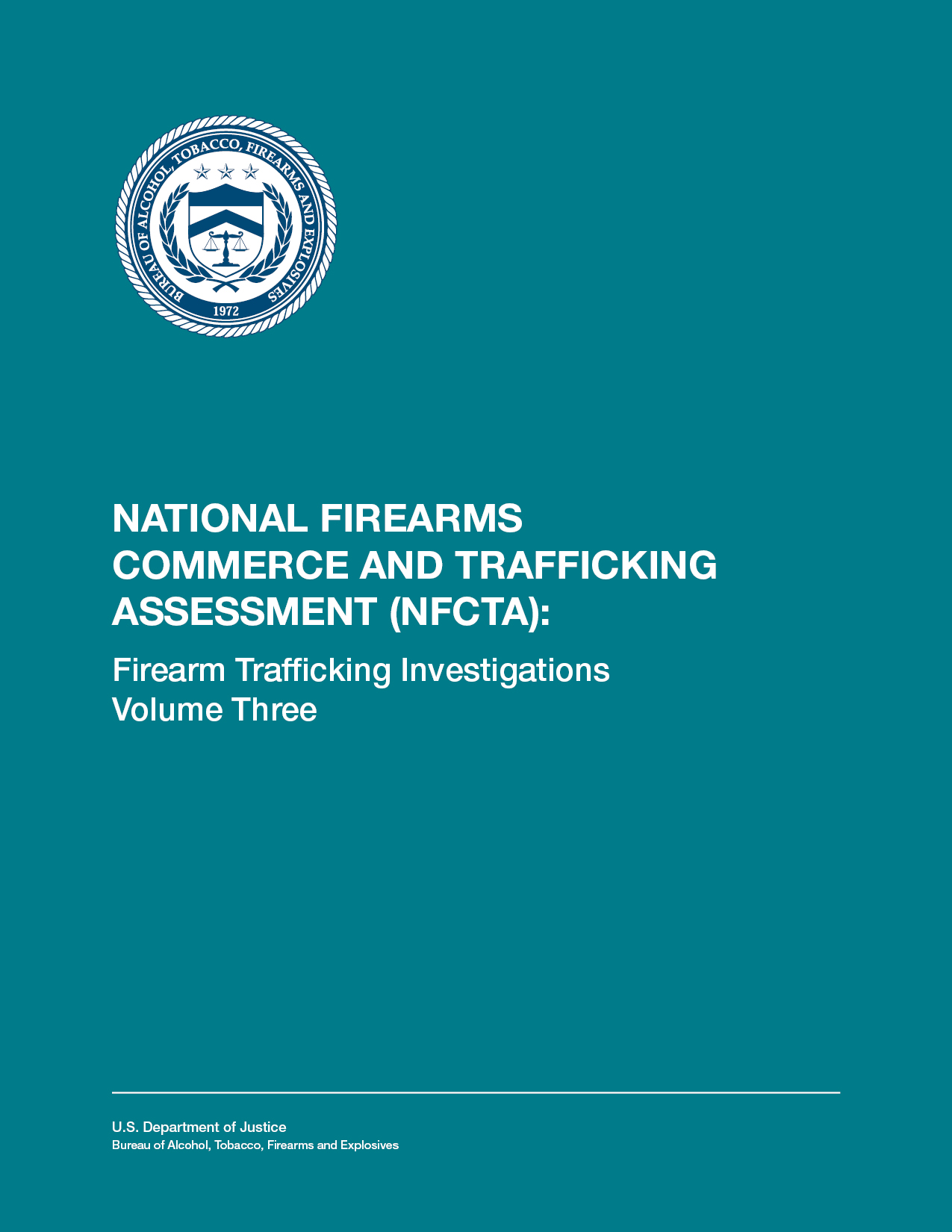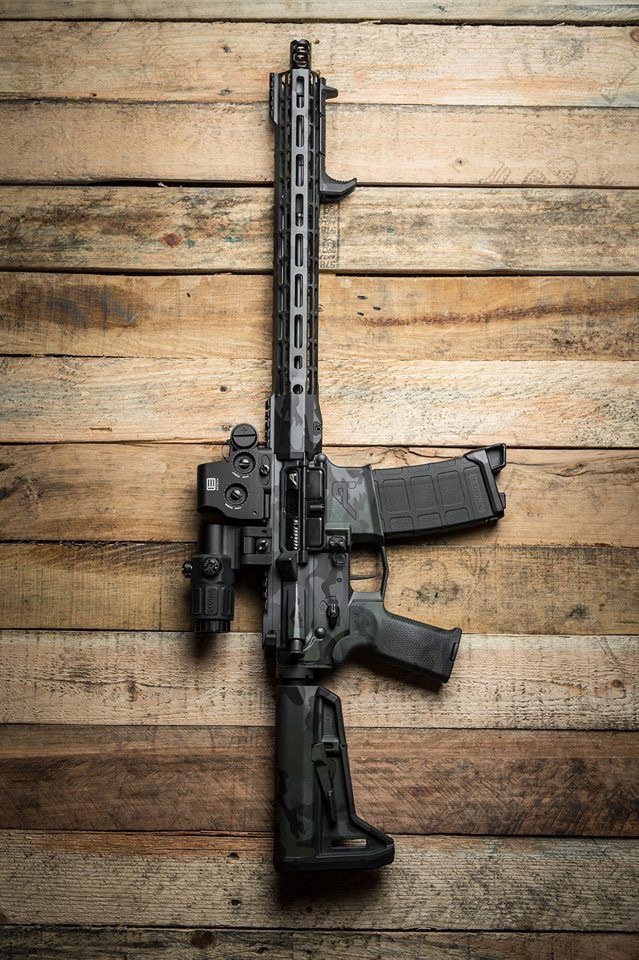bureau of alcohol tobacco and firearms jobs


Understanding the Bureau of Alcohol, Tobacco, Firearms and Explosives (ATF)
The Bureau of Alcohol, Tobacco, Firearms and Explosives (ATF) is a critical agency within the United States Department of Justice. Its primary mission is to protect communities from violent criminals, criminal organizations, the illegal use and trafficking of firearms, the illegal use and storage of explosives, acts of arson and bombings, acts of terrorism, and the illegal diversion of alcohol and tobacco products². The ATF plays a pivotal role in regulating lawful commerce in firearms and explosives, ensuring public safety, and supporting law enforcement agencies across the nation.

How the ATF Helps Control Weapons in America
The ATF’s efforts in controlling weapons involve several key activities:
- Regulation and Enforcement: The ATF enforces federal laws related to firearms and explosives, ensuring that only qualified individuals and businesses can legally manufacture, sell, and possess these items.
- Licensing: The ATF issues Federal Firearms Licenses (FFLs) to businesses and individuals, allowing them to engage in the manufacture, importation, and sale of firearms and ammunition.
- Inspections and Compliance: Regular inspections of FFL holders help ensure compliance with federal laws and regulations, reducing the risk of firearms falling into the wrong hands.
- Criminal Investigations: ATF agents conduct investigations into illegal firearms trafficking, violent crimes involving firearms, and other related offenses.
- Public Education and Outreach: The ATF provides resources and training to law enforcement, industry partners, and the public to promote safe and lawful firearm use and storage.
How to Get a Job with the ATF
Joining the ATF can be a rewarding career path for those interested in law enforcement and public safety. Here are the steps to get started:
- Research and Qualifications: Ensure you meet the basic qualifications, such as U.S. citizenship, a valid driver’s license, and the ability to obtain a Top Secret clearance.
- Education and Experience: A bachelor’s degree or relevant experience in law enforcement, criminal justice, or a related field is typically required.
- Application Process: Apply for open positions through USAJOBS.gov . The process includes submitting an online application, passing written and physical tests, and undergoing a thorough background check.
- Training: If selected, you will undergo rigorous training at the Federal Law Enforcement Training Centers (FLETC) and other specialized training programs.

Obtaining a Federal Firearms License (FFL) for Your Business
As a small firearms company, obtaining an FFL is essential for legally operating your business. Here’s how you can get started:
- Determine the Type of FFL: Decide which type of FFL you need based on your business activities (e.g., dealer, manufacturer, importer).
- Complete the Application: Fill out ATF Form 7 (Application for Federal Firearms License) accurately and submit it along with the required fee.
- Background Check: The ATF will conduct a background check on all responsible persons listed in your application.
- Interview and Inspection: An Industry Operations Investigator (IOI) will conduct an in-person interview and inspect your business premises to ensure compliance with federal, state, and local laws.
- Approval: If your application is approved, you will receive your FFL, allowing you to legally operate your firearms business.
Conclusion
The ATF plays a crucial role in maintaining public safety and regulating the firearms industry in the United States. Whether you’re looking to join the ATF or start your own firearms business, understanding the processes and requirements is essential. By following the steps outlined above, you can contribute to a safer community and a lawful firearms industry.
If you have any specific questions or need further assistance, feel free to reach out!
1: ATF Overview
⁵: ATF Careers
¹¹: How to Become a Federal Firearms Licensee
¹²: Apply for a License


Firearms

Image of a handgun with bullets on a wooden table
The Bureau and Law Enforcement
ATF recognizes the role that firearms play in violent crimes and pursues an integrated regulatory and enforcement strategy. Investigative priorities focus on armed violent offenders and career criminals, narcotics traffickers, narco-terrorists, violent gangs, and domestic and international arms traffickers. Sections 924(c) and (e) of Title 18 of the United States Code provide mandatory and enhanced sentencing guidelines for armed career criminals and narcotics traffickers as well as other dangerous armed criminals.
ATF uses these statutes to target, investigate and recommend prosecution of these offenders to reduce the level of violent crime and to enhance public safety. ATF also strives to increase State and local awareness of available Federal prosecution under these statutes. To curb the illegal use of firearms and enforce the Federal firearms laws, ATF issues firearms licenses and conducts firearms licensee qualification and compliance inspections. In addition to aiding the enforcement of Federal requirements for gun purchases, compliance inspections of existing licensees focus on assisting law enforcement to identify and apprehend criminals who illegally purchase firearms.
The inspections also help improve the likelihood that crime gun traces will be successful, since industry operations investigators educate licensees in proper record keeping and business practices.
Federal Firearms Licensees
The Tools and Services for Licensees section contains information for the firearms industry and its members, classifications of firearms and the interpretation of the regulations codified under 27 CFR, Parts 447, 478 and 479.
If you need assistance regarding firearms enforcement-related issues, please contact your local ATF office.

National Firearms Commerce and Trafficking Assessment (NFCTA): Firearms in Commerce – Volume One
The National Firearms Commerce and Trafficking Assessment is a comprehensive report on firearms commerce and trafficking. This volume presents and analyzes data collected by ATF and other federal agencies related to the manufacture, exportation, and importation of firearms.
Download the NFCTA – Volume One

National Firearms Commerce and Trafficking Assessment (NFCTA): Crime Gun Intelligence and Analysis – Volume Two
The National Firearms Commerce and Trafficking Assessment is a comprehensive report on firearms commerce and trafficking. This volume presents and analyzes data on “crime guns”, that is firearms diverted from lawful commerce and recovered by law enforcement in criminal investigations.
Download the NFCTA – Volume Two

National Firearms Commerce and Trafficking Assessment (NFCTA): Firearms Trafficking Investigations – Volume Three
New Dec. 5, 2024: Open Letter: Enactment of Vermont Statute 13 V.S.A. § 4019a
New Nov. 27, 2024: Federal Register Action: Records of Acquisition and Disposition, Registered Importers of Arms, Ammunition & Defense Articles on the U.S. Munitions Import List – Comment Period: Nov. 27, 2024 – Dec. 27, 2024
New Nov. 27, 2024: Federal Register Action: National Firearms Act Division and Firearms and Explosives Services Division Customer Service Survey – Comment Period: Nov. 27, 2024 – Dec. 27, 2024
New Nov. 27, 2024: Federal Register Action: Identification Markings Placed on Firearms – Comment Period: Nov. 27, 2024 – Dec. 27, 2024
New Nov. 27, 2024: Federal Register Action: Firearms Disabilities for Nonimmigrant Aliens | Bureau of Alcohol, Tobacco, Firearms and Explosives – Comment Period: Nov. 27, 2024 – Dec. 27, 2024
Nov. 19, 2024: Federal Register Action: Transactions Among Licensee/ Permittees and Transactions Among Licensees and Holders of User Permits – Comment Period: Nov. 19, 2024 – Jan. 21, 2025
Nov. 18, 2024: Federal Register Action: Demand 2 Program: Report of Firearms Transactions—ATF Form 5300.5 | Bureau of Alcohol, Tobacco, Firearms and Explosives – Comment Period: Nov. 18, 2024 – Dec. 18, 2024
Nov. 18, 2024: Federal Register Action: Licensed Firearms Manufacturers Records of Production, Disposition and Supporting Data | Bureau of Alcohol, Tobacco, Firearms and Explosives – Comment Period: Nov. 18, 2024 – Dec. 18, 2024
Nov. 7, 2024: All FFLS – October 2024 – Open Letter – Allowable Activities for Firearms Brought into Customs Bonded Warehouses and Foreign Trade Zones
Oct. 8, 2024: Agency Information Collection Activities; Proposed eCollection; eComments Requested: Revision of a Previously Approved Collection: Federal Firearms License (FFL) RENEWAL Application—ATF Form 8 (5310.11) Part II – Comment period: Oct. 8 – Dec. 9, 2024
Oct. 8, 2024: Agency Information Collection Activities; Proposed eCollection; eComments Requested: Revision of a Previously Approved Collection: FFL Out of Business Records Request— ATF Form 5300.3A – Comment period: Oct. 8 – Dec. 9, 2024
Aug. 21, 2024: Agency Information Collection Activities; Report of Multiple Sale or Other Disposition of Pistols and Revolvers— ATF Form 3310.4 –
June 27, 2024: Rulemaking: Bipartisan Safer Communities Act Conforming Regulations
May 14, 2024: ATF’s Firearms Destruction Policy
April 11, 2024: Final Rule: Definition of “Engaged in the Business” as a Dealer in Firearms
Dec. 12, 2023: Enhanced Regulatory Enforcement Policy – Read the Final Report and Revocation Documents
Nov. 20, 2023: Open Letter: Solvent Trap Devises
Oct. 31, 2023: Enhanced Regulatory Enforcement Policy – Read the Final Report and Revocation Documents
Sept. 28, 2023: Firearms Trace Data – 2022
March 21, 2023: Public Safety Advisory to All Federal Firearms Licensees, and Firearm Parts, Components, and Accessories Manufacturers and Distributors
March 16, 2023: Open Letter: Changes to Vermont Law 13 V.S.A. § 4019
Jan. 31, 2023: Rulemaking Notice: Factoring Criteria for Firearms with Attached ‘‘Stabilizing Braces’’
Jan. 12, 2023: Open Letter: Machinegun Dealer Sales Sample Letters

Rifles- sport tool
Sport rifles are firearms that are used for recreational shooting, hunting, or competition.
factors that may affect sport rifle shooting are:
The type of rifle, caliber, and ammunition used
The distance, angle, and target of the shot
The weather, wind, and lighting conditions
The shooter’s skill, experience, and mental state
The rules, regulations, and safety measures of the shooting sport
They can be classified into different types, such as bolt-action, lever-action, pump-action, semi-automatic, and single-shot.
Some of the most popular sport rifles in the US are the AR-15 and similar variants, which are also known as modern sporting rifles (MSRs).
MSRs are semi-automatic rifles that have a modular design, allowing users to customize them with different accessories, such as sights, grips, stocks, barrels, and magazines.
MSRs are not the same as assault rifles, which are fully automatic military weapons that are heavily restricted from civilian ownership.
MSRs use a gas-operated system to cycle the action, either by direct impingement or by piston.
Piston systems are more reliable, cleaner, and quieter than direct impingement systems, especially when using a suppressor.
The SIG Sauer MCX Spear is a new type of MSR that uses a modified short-stroke piston system with a dual return spring and a self-regulating feature.
Here is a graphical representation of the difference between direct impingement and piston systems in MSRs:
![DI vs Piston]
A Brief History of the Modern Sporting Rifle • : [Types of Rifles: Bolt Action, Lever Action, Pump Action & Semi-Automatic] : Modern Sporting Rifle: The Facts • : [The Evolution of the
some different USES of a rifle
Explore
Hunting
Recreation
Sport shooting
Rifles are long-barreled firearms that are designed for accurate shooting and higher stopping power. They have a rifled bore, which means they have spiral grooves inside the barrel that impart a spin to the bullet, stabilizing it in flight. Rifles can be used for various purposes, such as:
Warfare:
Rifles are used by military personnel and law enforcement officers for combat and security operations. They can provide effective fire support, long-range engagement, and precision sniping.
Hunting:
Rifles are used by hunters to hunt game animals, such as deer, elk, and bear. They can deliver a lethal shot at a safe distance, minimizing the risk of injury or attack.
Sport shooting:
Rifles are used by sport shooters to participate in various shooting competitions, such as target shooting, biathlon, and three-position rifle. They can test the shooter’s accuracy, speed, and endurance. Some examples of rifles used for sport shooting are the AR-15, the Anschütz 54, and the Feinwerkbau 2700 .
Recreation: Rifles are used by recreational shooters to enjoy the hobby of shooting, also known as plinking. They can provide fun, challenge, and satisfaction. Some examples of rifles used for recreation are the Henry Golden Boy, the Marlin Model 60, and the Ruger Mini-14 .
These are some of the different uses of a rifle in the USA. If you want to learn more about rifles, you can check out these websites:
Rifle | History, Types & Uses | Britannica
Rifle –
Best Hunting Rifles of All Time | Field & Stream
Hunting Rifles | Bass Pro Shops
[Modern Sporting Rifle: The Facts
[The 10 Best Plinking Rifles
[Recreational Shooting
Contextual factors can influence the performance, accuracy, and enjoyment of sport rifle shooting. Therefore, it is important for shooters to be aware of these factors and adjust their technique, equipment, and strategy accordingly.
Hunting season in the United States varies by state and game type. Different states have different regulations and dates for hunting seasons, depending on the wildlife population, environmental factors, and conservation goals. Some of the big states in the US and their hunting seasons are:
– Texas: Texas has a long and diverse hunting season, with different dates and regulations for various game animals and regions. Some of the general hunting season dates for 2023-2024 are:
– White-tailed deer: November 4 – January 7
– Mule deer: November 18 – December 3
– Pronghorn antelope: September 30 – October 8
– Turkey: November 4 – January 7
– Quail: October 28 – February 25
– Dove: September 1 – November 12
– Duck: November 4 – January 28
– California: California has a shorter and more restrictive hunting season, with limited tags and quotas for some game animals. Some of the general hunting season dates for 2023-2024 are:
– Deer: August 14 – November 7
– Elk: August 7 – September 26
– Pronghorn antelope: August 7 – September 19
– Bighorn sheep: August 7 – September 19
– Bear: August 14 – December 26
– Turkey: March 25 – April 30
– Quail: October 16 – January 30
– Dove: September 1 – September 15
– Duck: October 16 – January 30
– New York: New York has a moderate and varied hunting season, with different dates and regulations for various game animals and regions. Some of the general hunting season dates for 2023-2024 are:
– Deer: October 1 – December 19
– Bear: September 10 – December 11
– Turkey: October 15 – November 18
– Pheasant: October 1 – February 28
– Quail: October 1 – February 28
– Grouse: September 20 – February 28
– Dove: September 1 – October 31
– Duck: October 1 – January 31
– Florida: Florida has a warm and diverse hunting season, with different dates and regulations for various game animals and regions. Some of the general hunting season dates for 2023-2024 are:
– Deer: September 16 – February 18
– Bear: October 21 – October 29
– Turkey: March 4 – April 9
– Quail: November 11 – March 4
– Dove: September 23 – January 15
– Duck: November 18 – January 28
– Alligator: August 15 – November 1

